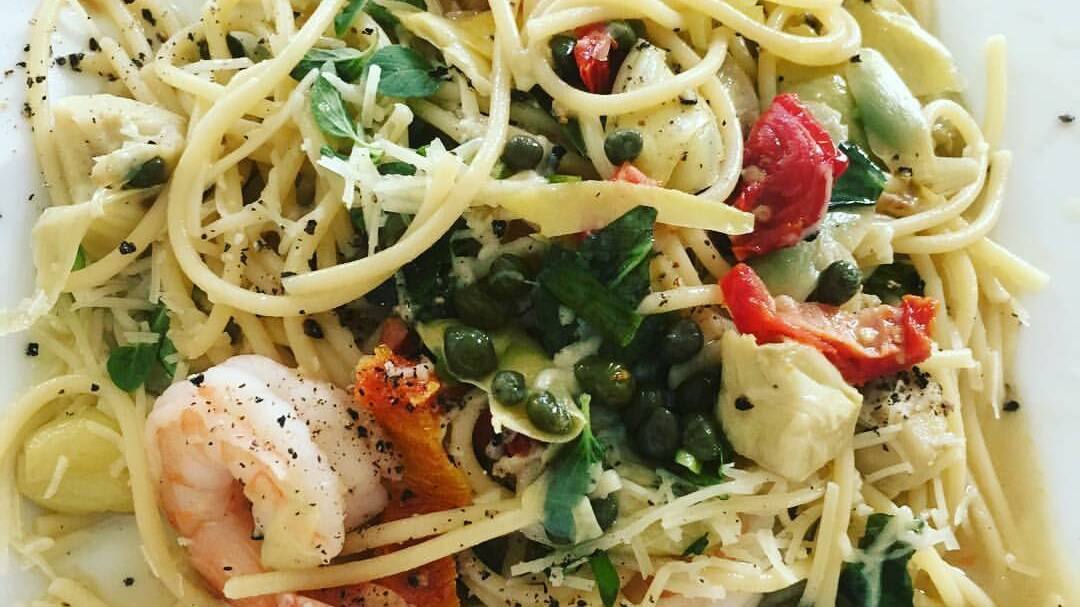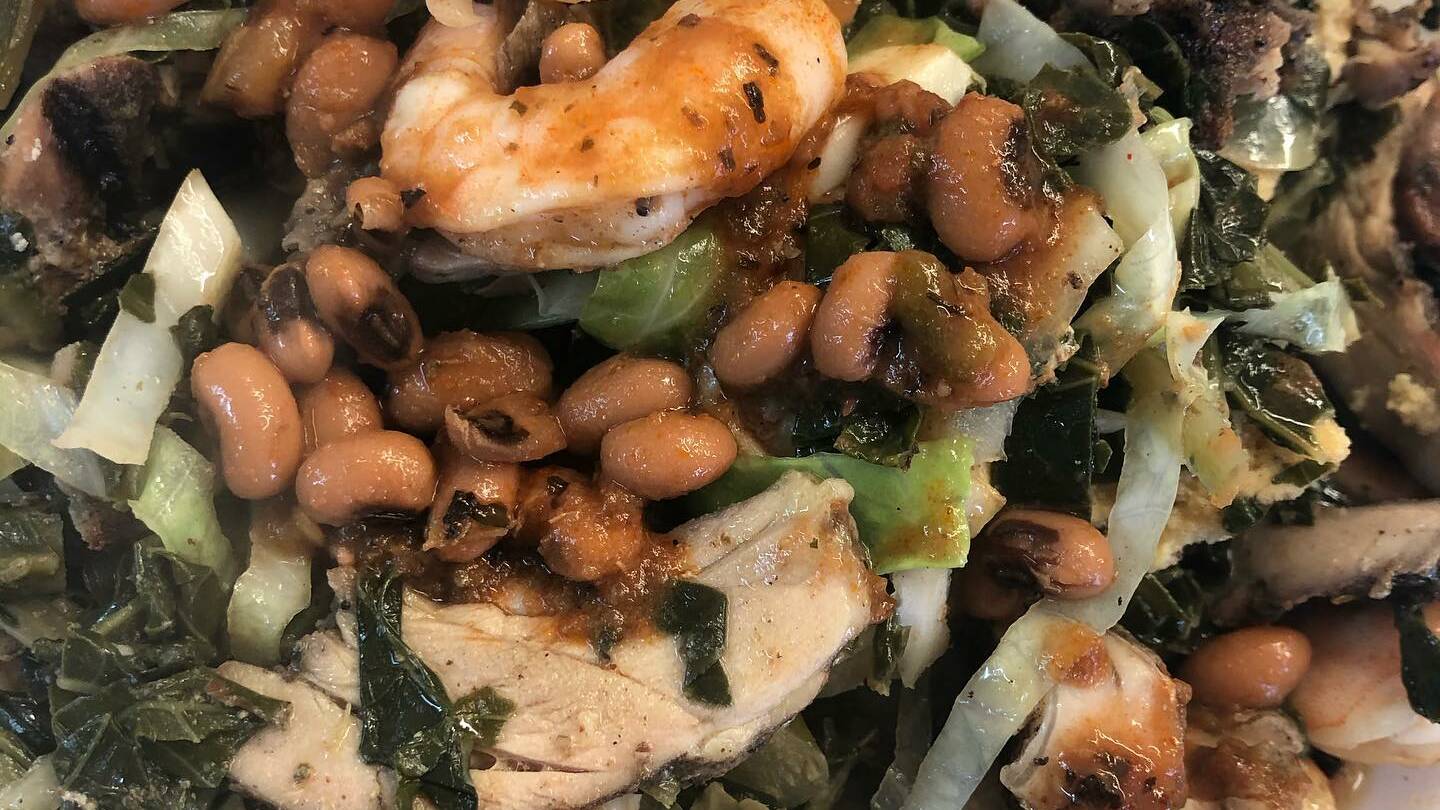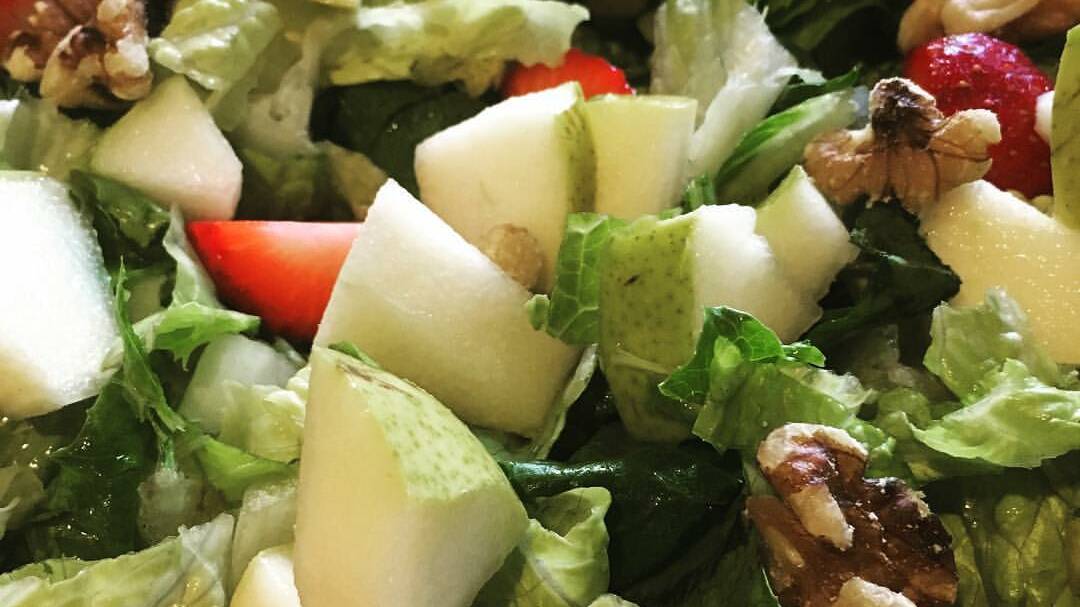Chef Tonnette Khabir, the owner of Bobsaith LLC since 2006, has been a prominent figure in Dallas’ catering and food service management scene since 1993, earning a reputation for excellence. However, by early 2009, her entrepreneurial success was in jeopardy.
The rocky economy brought a series of personal and professional challenges. She had recently separated from her business partner and former husband, and to make matters worse, her landlord refused to renegotiate the lease on her 6,000-square-foot loft in the Dallas Design District. This financial strain led to the loss of major clients, including Capgemini and Southwest Airlines.

Amidst these difficulties, Chef Tonnette turned to her youngest brother, a First Sergeant in the National Guard, for advice. As he prepared for another deployment to Afghanistan, he suggested she explore government contracting. Taking his advice, Chef Tonnette registered online, set up her business profile, and visited the Bill J. Priest Center, which specializes in government contracting. Her first contract was with Joint Base Anacostia-Bolling, where she built a café at the Officers Club, serving a fully organic menu — the first of its kind on a military installation.
This shift into government contracting marked a turning point. After completing the contract at Bolling Air Force Base, she secured a $100,000 contract to feed the National Guard at Camp Bowie, Texas, which eventually grew to $176,000. Her commitment to excellence ensured her success, earning her 27 coins and medals, and she has since worked across 42 states, with North Carolina soon to be her 43rd.
“I make sure to do everything right — no undercutting and always making sure the soldiers are satisfied,”

— Chef Tonnette Khabir, Owner Bobsaith
Chef Tonne’s culinary journey began when she was 13 years old as a third-generation chef from Kansas City, Missouri. Her grandmother, an executive chef, played a pivotal role in her life.
“I wanted to follow in the footsteps of my grandmother,” Chef Tonne said. “Growing up in Kansas City, my grandmother had a huge impact on me. She was a sharecropper who never learned to read, so at the age of 13, I taught her. In exchange, she taught me how to cook. She was incredibly talented in the kitchen. Watching her go from picking cotton in Louisiana to becoming a celebrated chef in Kansas City inspired me. My love for food, nutrition, and creativity all stem from her influence.”
Her creativity is especially evident when preparing food for military soldiers. The meals must be clean, easily digestible, and well-balanced. Each meal is carefully curated to include starch, protein, vegetable, dessert, bread, and water — no sodas, just water, with cucumber water served in the summer.

When working with Special Forces, the requirements shift dramatically. Units like the Marine Special Operations Command (MARSOC) and the 20th Special Forces Group operate with different budgets and have unique nutritional needs. They require high-fat, high-calorie, and nutrient-rich meals with critical elements like zinc and magnesium to support their intense physical demands.
Whether it’s preparing bison tacos on the range during weapons qualifications or smoking hogs in the field during hunts, the food must meet the rigorous standards of these elite units. The National Guard has also evolved since 2008 to operate more like a distinct branch of the military, similar to the Army, Navy, Air Force, and Marines, with enhanced rapid response capabilities. The food for these units must be calorie-dense, nutrient-rich, and satisfying to sustain them during their demanding missions.
Chef Tonne acknowledges that this niche market is challenging to enter, especially given the current political climate and rigorous security background checks. The standards are strict, and the expectations are high — if the soldiers aren’t satisfied with the food, they won’t hesitate to voice their displeasure. However, Chef Tonne strictly adheres to the guidelines, and these challenges are consistently met, ensuring that the soldiers are well-fueled for their missions.

When the COVID-19 pandemic struck, Chef Tonne’s business took a devastating hit. In a single day, $42,000 in contracts vanished, and the challenges only grew from there. As a federal contractor, she was excluded from relief packages due to pension plan requirements, making it difficult to secure Payroll Protection Program (PPP) loans.
Amidst this crisis, a referral from another bank led Chef Tonne to work with the Lending Team at Communities Unlimited (CU). She connected with CU Senior Economic Development Loan Officer Chris Ranniger, who provided crucial support. In March 2024, she secured a loan from CU for RV repairs, marketing, and working capital, which she promptly paid off. Recognizing her need for greater flexibility, CU suggested a line of credit, allowing her to manage contract costs more efficiently.
Two months later, Chef Tonne received a line of credit from CU to cover immediate contract costs, which she repaid within 30 days. By July 25, she secured a second line of credit to manage contract fulfillment expenses, including supplies, wages, and working capital. This streamlined approach now supports her growing business, enabling her to handle upcoming contracts, including those with the Michigan and Louisiana National Guards.
“Chris Ranniger was a godsend,” Chef Tonne said.
“Communities Unlimited came through for me. They are the perfect model for how small businesses should be supported — micro, small, and medium-sized businesses alike."
“They provided me with the help I needed when others didn’t, and that allowed me to keep my home and continue my business. Communities Unlimited made all the difference, and I’m grateful for their support.”
Beyond working with CU’s Lending Team, Chef Tonne is also engaged with the Entrepreneurship Team and Area Director Marnell Love, receiving assistance with her contracts as she prepares to expand her brand. Her next big step is acquiring a property in Bastrop, Texas, to serve as a central commissary.
This facility, located near key Texas National Guard facilities like Camp Swift, Camp Bullis, and Camp Mabry, will enable her to transition from food production to manufacturing, similar to HelloFresh, by flash-freezing meals and ensuring consistent quality. This expansion positions her business for significant growth and a shift to a larger-scale operation.
“I am beyond excited,” Chef Tonne said. “Everything I’ve been working toward is coming to fruition.”

